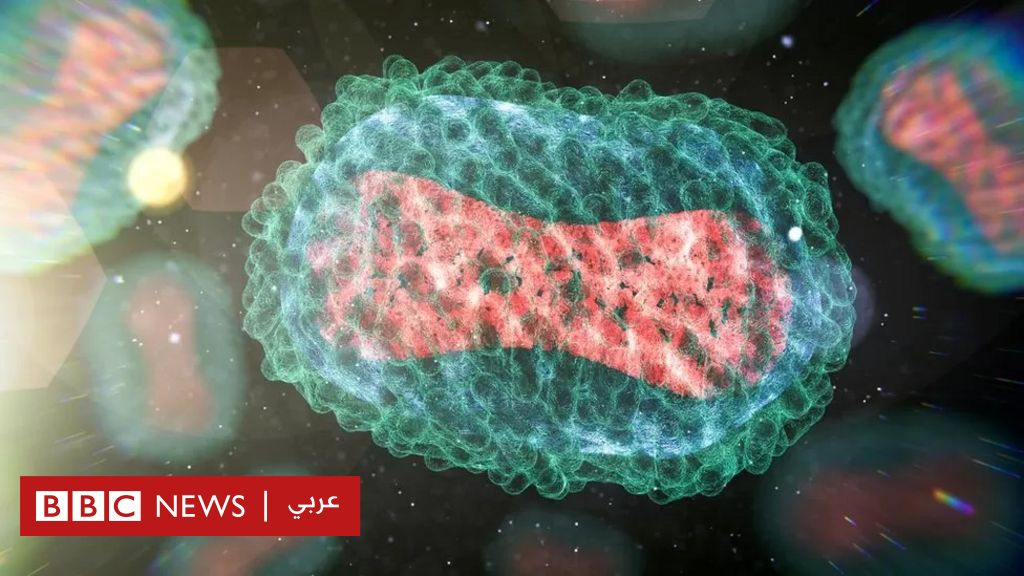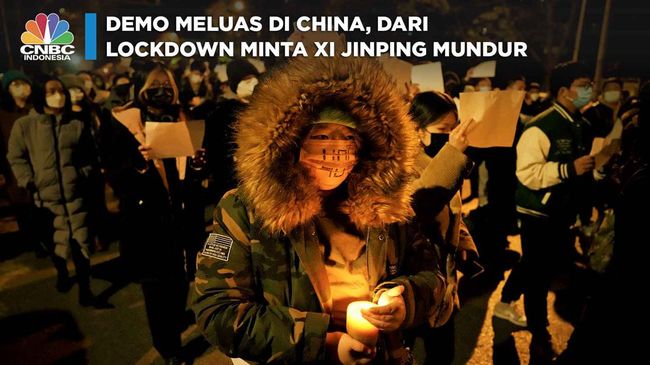The World Health Organization has announced that monkeypox will henceforth be known as ‘mbox’, following complaints about racist language used to name the virus and associated stigma.
The old term will be used alongside the new term for one year before being phased out.
The decision to name the disease Mbox was taken after lengthy discussions between experts, countries and the general public.
The World Health Organization said the new name could easily be used in English and other languages.
Monkeypox was first known to mankind in 1970 and got its name from the disease caused by the virus, which was first detected in captive monkeys more than a decade ago.
In this context, the organization emphasizes the need to minimize unnecessary negative impact on trade, travel, tourism or animal welfare and to avoid causing offense to any cultural, social, national or ethnic group.
During the Covid-19 pandemic, WHO recommended referring to mutants using the letters of the Greek alphabet because they were “harmless” and easy to pronounce.
During this year, the Mbox virus – which belongs to the same family as smallpox viruses – has spread unusually to many countries outside central and western Africa, where it is frequently present.
Cases of the disease have been reported in 29 countries in Europe, as well as Canada, Australia and the United States, leading to increased demand for a vaccine to protect those most at risk.
In July, the World Health Organization declared a global health emergency due to a global increase in the number of people showing symptoms, including high fever and skin lesions or rashes.
But cases of the disease have been declining for several months now around the world.
Britain has reported more than 3,500 cases since May, but the introduction of vaccines has helped reduce cases after peaking in July.
Most of the infected were men who had sex with men.


